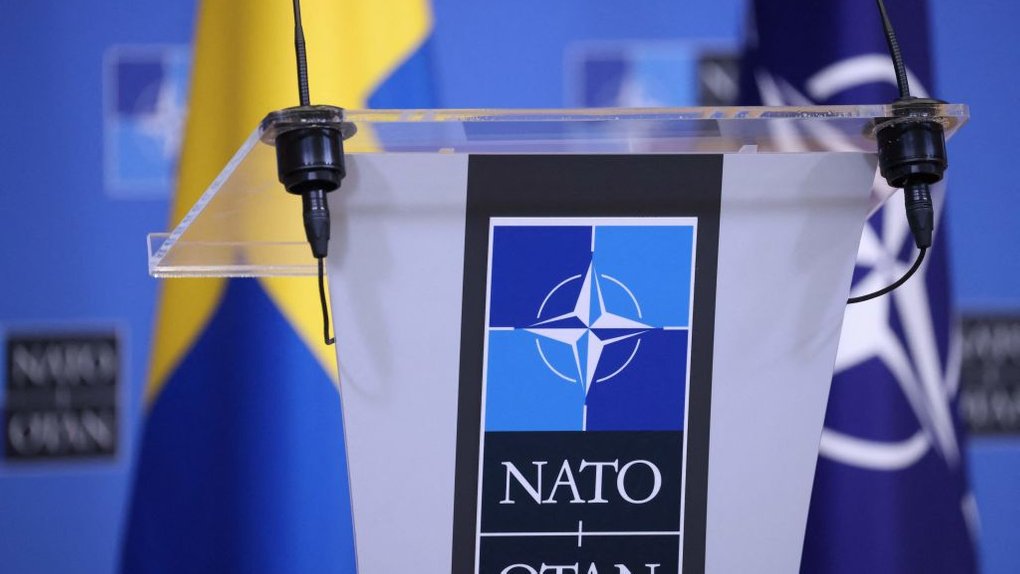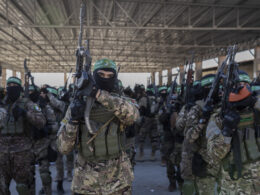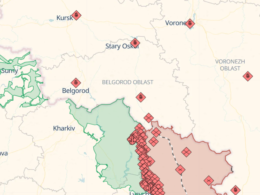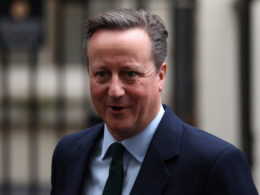On 26 July, the NATO-Ukraine Council held its first meeting, during which the Alliance condemned Russia's unilateral suspension of participation in the Black Sea Grain Initiative and the shelling of Ukrainian port infrastructure. It also said it would ramp up surveillance measures, according to the official NATO portal.
“The Allies condemned Russia’s decision to withdraw from the Black Sea grain deal and its deliberate attempts to stop Ukraine’s agricultural exports on which hundreds of millions of people worldwide depend. They [NATO] also condemned Russia’s recent missile attacks on Odesa, Mykolaiv, and other port cities, including an attack on the Ukrainian facility in the Danube, close to the Romanian border,” NATO wrote.
NATO also welcomed Türkiye's efforts to restore the "grain deal" and confirmed that they would continue to enhance surveillance and reconnaissance in the Black Sea region, including through maritime patrol aircraft and drones.
This meeting happened according to the new format of Ukraine-NATO relations — the Ukraine-NATO Council, which was established at the recent NATO summit. It is intended as a platform for Ukraine-NATO consultations in crises. So Ukraine’s President Volodymyr Zelenskyy has requested it after Russia withdrew its security guarantees for shipping in the Black Sea, jeopardizing a deal to unblock Ukrainian grain exports.
Zelenskyy greeted the meeting:
“We welcome сlear and unequivocal condemnation by the Alliance of Russia's withdrawal from the grain deal. Established only 2 weeks ago in Vilnius, the Council has already proved to be an effective mechanism for crisis consultations.
Ukraine will continue to fulfill its obligations in providing global food security and we value the support of the Allies in this regard. We stay united with the Alliance as we are moving along the path towards our NATO membership,” he tweeted.
Grateful to @jensstoltenberg and @Mircea_Geoana for holding this crucial meeting of #Ukraine-#NATO Council. We welcome сlear and unequivocal condemnation by the Alliance of Russia's withdrawal from the grain deal.
Established only 2 weeks ago in Vilnius, the Council has already…
— Володимир Зеленський (@ZelenskyyUa) July 26, 2023
After withdrawal from the “grain deal” brokered by Türkiye and the UN on 17 July, Russia began missile strikes on Ukraine’s port infrastructure. The biggest were:
- On 19 July, attacked terminals and infrastructure at the ports of Odesa and Chornomorsk. Tanks and piers at Odesa port were damaged along with the grain infrastructure of international and Ukrainian traders, including Kernel, Viterra, and CMA CGM Group.
- On 23 July, Russia destroyed the largest and oldest Orthodox Cathedral of Odesa in its night missile attack.
Attacking Ukraine’s port cities, Russia announced it would consider all ships traveling to Ukraine ports as potential carriers of military cargo. Such a statement threatened the food prices escalation and potential mass starvation, as grain ships could no longer safely transit the conflict-ridden waters of the Black Sea without the risk of a Russian attack.
To avoid the potential Russian attack and irreversible results of it, Ukraine set up a temporary shipping route to maintain grain shipments. Its idea was the ships were escorting via the territorial waters of NATO nations instead of via international waters in the black sea. The Pentagon discussed it but rejected it on 17 July.
Ukraine says that with the strikes, Russia blackmails the West to accept its demands to resume the grain corridor.
Since the NATO-Ukraine Council did not offer any realistic solution for the resumption of Ukraine’s Black Sea trade, and the USA refused the proposal to escort merchant vessels with navy ships, it is likely that Russia will feel free to continue its escalation in the Black Sea, as forecasted by Head of the Institute for Strategic Black Sea Studies, Andriy Klymenko.
He offers the following scenario for the Black Sea:
-
“NATO will continue to be irrationally afraid of Russia;
-
Russia will mockingly laugh at the impotent NATO, stop merchant ships for inspection (searches) and simulate air attacks on NATO reconnaissance drones, and continue to destroy port facilities in Ukrainian ports (including on the Danube); put its mining of approaches to Ukrainian ports on display, and stall for time before Putin visits or has a phone conversation with Erdogan;
-
When Türkiye sees that the Black Sea is turning into a ‘Russian lake,’ it will be forced to ‘escalate’ -- that is, to send its shipowners' merchant ships to Ukrainian ports or (as a last resort) to demonstrate its military presence in the Black Sea in some way;
-
Until this Turkish decision (if any), the only way for Ukrainian agricultural products to reach European ports will be by rail.”
Related:
- Three options for a grain corridor without Russia
- Ukraine changes grain corridor route
- Ukraine accuses Russia of seeking grain export
- Ukraine urges EU to open pathways for grain exports, rejects restrictions





